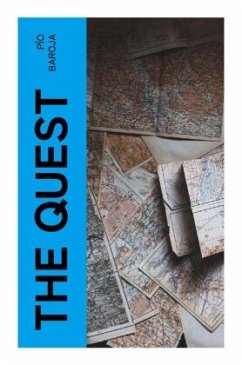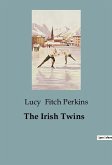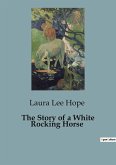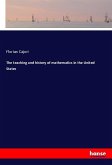Pío Baroja's "The Quest" delves into the existential and philosophical struggles of its protagonist, Manuel, who embarks on a quest for meaning in a world steeped in ambivalence and despair. Set against the backdrop of early 20th-century Spain, Baroja employs a modernist literary style characterized by vivid imagery, introspective narratives, and a stream of consciousness technique that reflects the protagonist's turbulent inner life. The novel's thematic exploration of disillusionment and the quest for identity resonates with the broader literary movement of the Generation of '98, which sought to address the social and moral crises facing Spain. Pío Baroja, a prominent figure of the Spanish literary canon, was deeply influenced by the transformation of his homeland and the philosophical ideas of existentialism and modernism. His diverse influences-from his medical training to his travels across Europe-shaped his critical perspective on society and humanity, compelling him to question traditional values and explore the complexity of the human condition. "The Quest" exemplifies Baroja's ability to weave personal and societal conflict into a compelling narrative. I highly recommend "The Quest" for readers seeking a profound exploration of individual purpose amid societal challenges. Baroja's masterful storytelling and keen psychological insight offer a rich, reflective experience that challenges conventional notions of success and fulfillment, making it an essential read for those drawn to existential literature.
Bitte wählen Sie Ihr Anliegen aus.
Rechnungen
Retourenschein anfordern
Bestellstatus
Storno








